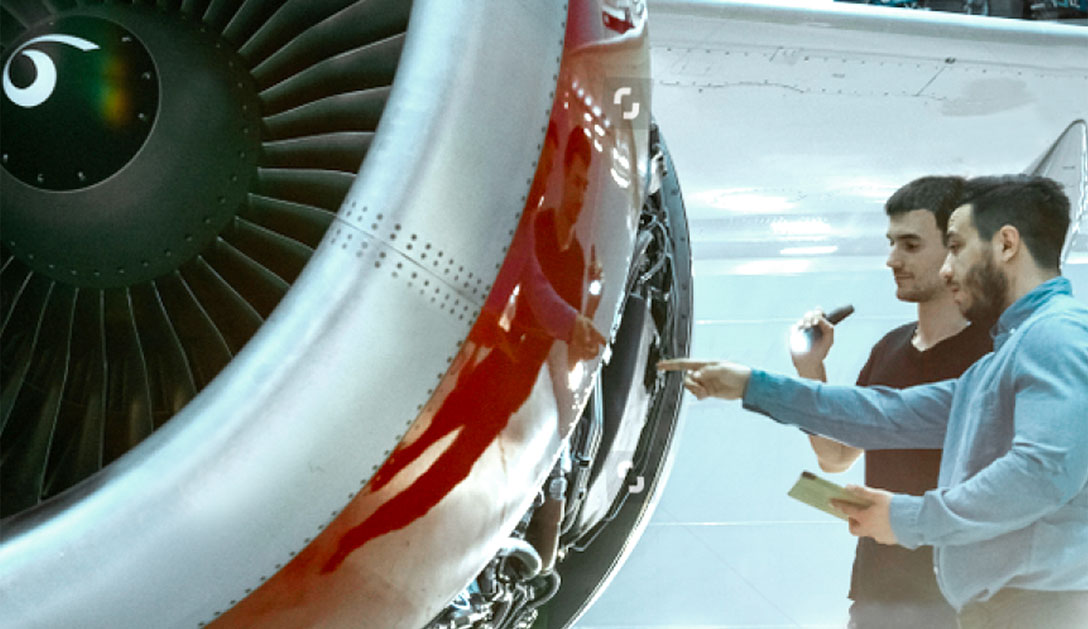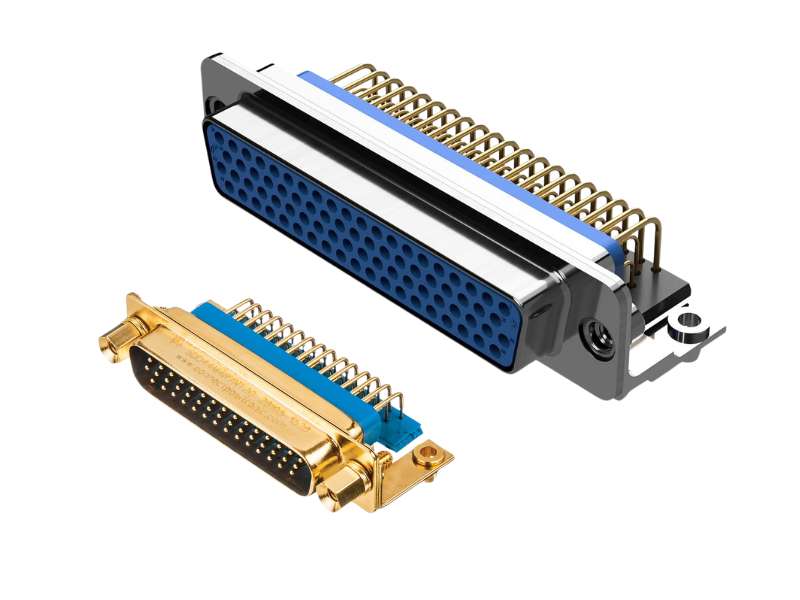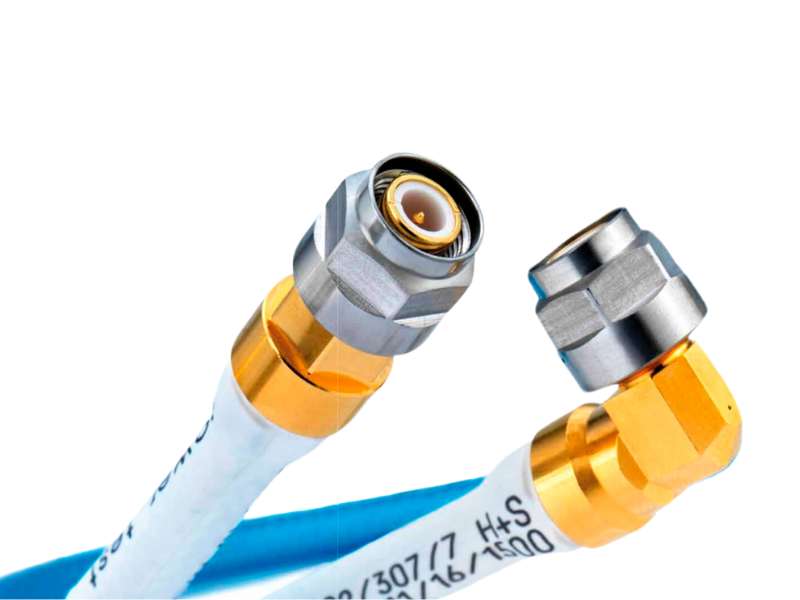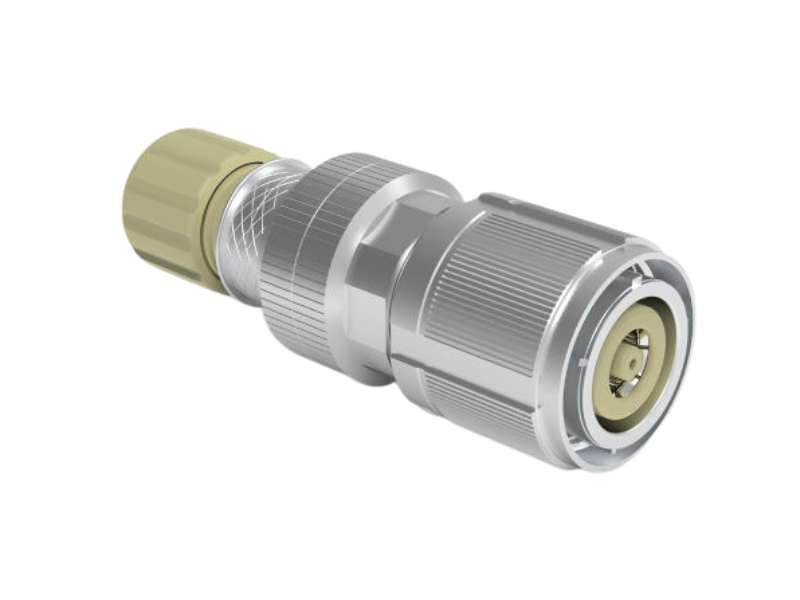Why does the recovery of the aviation supply chain consistently appear to be two years away, and how might Artificial Intelligence (AI) play a role in addressing this perpetual delay?
Aviation Week delves into this recurring timeline in the aviation supply chain’s recovery. The narrative suggests that the industry continuously faces new challenges and uncertainties, leading to a perpetual “two-year” recovery projection. This cycle is indicative of the complex and ever-evolving nature of global supply chains, compounded by factors such as economic shifts, geopolitical tensions, and unexpected events like pandemics.
In addressing these challenges, AI emerges as a promising solution, as highlighted by EPS News. AI technology can potentially solve some of the most pressing issues in supply chain management. The use of AI in predictive analytics, for example, can enhance forecasting accuracy, allowing for better planning and allocation of resources. It can also streamline operations by identifying inefficiencies and suggesting optimal solutions.
The integration of AI into supply chain processes could be particularly transformative for the aviation industry. Given the sector’s reliance on precise timing and coordination, AI’s capabilities in data analysis and predictive modeling could significantly reduce delays and improve efficiency. This technology can assist in navigating the complexities of global logistics, offering more adaptive and responsive supply chain strategies.
However, the application of AI in the aviation supply chain is not without its challenges. It requires significant investment in technology and training, along with a willingness to adapt to new methods of operation. Moreover, there’s the need to balance technological innovation with human expertise, ensuring that AI complements rather than replaces the critical decision-making roles of professionals in the industry.
So, while the “two-year” recovery timeline of the aviation supply chain may continue to be a moving target, the integration of AI offers a promising avenue for more resilient and efficient operations. For the electronics industry and beyond, embracing AI could be key to navigating the complexities of modern supply chains and emerging stronger in an unpredictable global landscape.
Thousands of senior engineers and procurement professionals subscribe to our LinkedIn Market Intel newsletter – get yours here
For more help with looking at supply chain options, contact Astute Electronics







